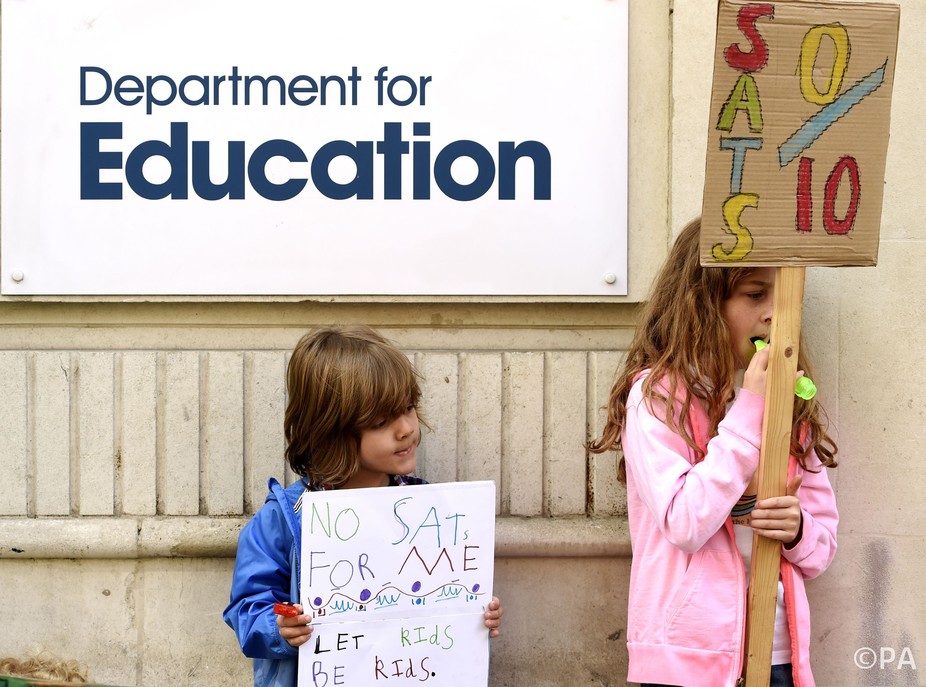Top 4 Group Influences in Public Education Part II: Parental Influence & Involvement

There are many external influences that impact public education. In this series the top four will be reviewed including the influence of professional education organizations, the involvement of parents, the businesses, and the federal government and court systems. For this part the influence of parents and their involvement will be discussed to reveal their direct impact on public education.
Parents comprise the single most-influential force in the lives of their children, wielding authority over virtually every aspect of their children’s lives, including their education. Teachers also have considerable influence over the children they instruct. It therefore seems natural that parents and teachers would collaborate in educating children; unfortunately, this is not always the case. Parents and teachers are frequently involved in adversarial relationships with one another. Teachers may be apprehensive about parental interference in the teacher’s primary area of expertise: educating children. Parents may be too busy working to be actively involved in their children’s education, while others may be overly involved. Several research studies suggest that without parental support and engagement, students tend not to succeed in school.
As an aspiring teacher, you can do many things to increase parental involvement in education and improve your relationships with parents. Maintaining contact with parents through frequent parent–teacher meetings, habitual contact with the home via e-mail or phone, and possibly maintaining a class Web site are ways to improve teacher–parent relations. Encouraging parental volunteerism within your school or in your classes is a way to help parents feel invited to be a part of the school community. Finally, interacting with parents through service on the school council, sharing your views with parents, or working with parents on projects to improve your school are additional ways to establish a relationship with parents, which may in turn increase their overall involvement in education.
Parents of school-age children can belong to the Parent Teacher Association (PTA), a national organization with 26,000 local affiliations. There are also locally based Parent Teacher Organizations (PTOs) that are not specifically connected to the national group. Typically, these associations serve as a liaison between parents and the school. Many teachers serve as school representatives and attend PTA or PTO meetings. If you are interested in fulfilling this function, it will give you an interesting glimpse into the educational concerns of parents and may help you to learn how to communicate with parents about their children.
You may also wish to explore other means of involving your students’ parents in the education of their children. You could organize workshops on a variety of topics of interest to parents, for example. These could include promoting effective study skills, understanding the content of a new curriculum, and other topics that target parental educational concerns.
Many PTAs and PTOs are relatively powerless to effect change at the school level. This has caused concern among some school reformers who believe that transformation can only occur with continued parental support. NLCB dictates that schools must actively engage parents in decision making at the school level. However, many districts have neglected to empower parents with an appropriate level of decision making power.
Parents certainly compose one of the largest stakeholder groups, but virtually any concerned citizen can have a say about what happens in public education. Therefore working with parents involves understanding their impact and best practices for dealing with them as an Educator. Parents are only one type of influence, therefore continue to read about the four influences on public education.






